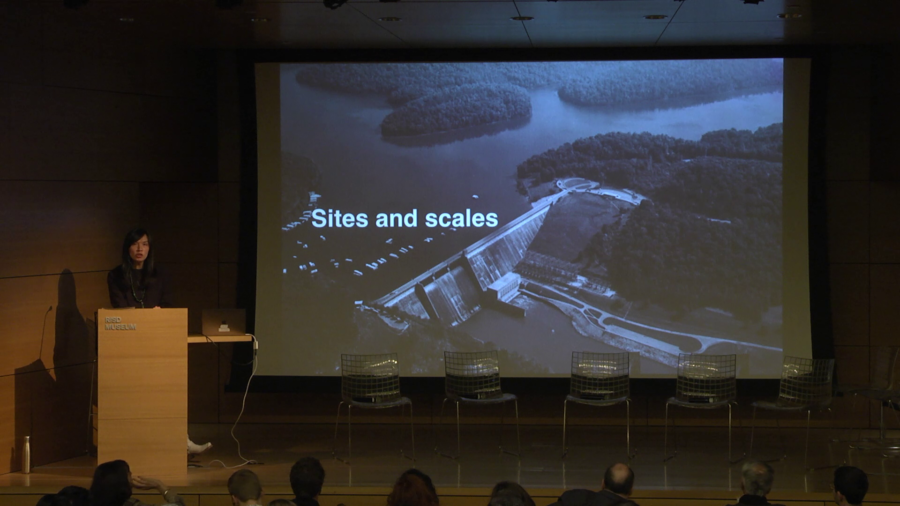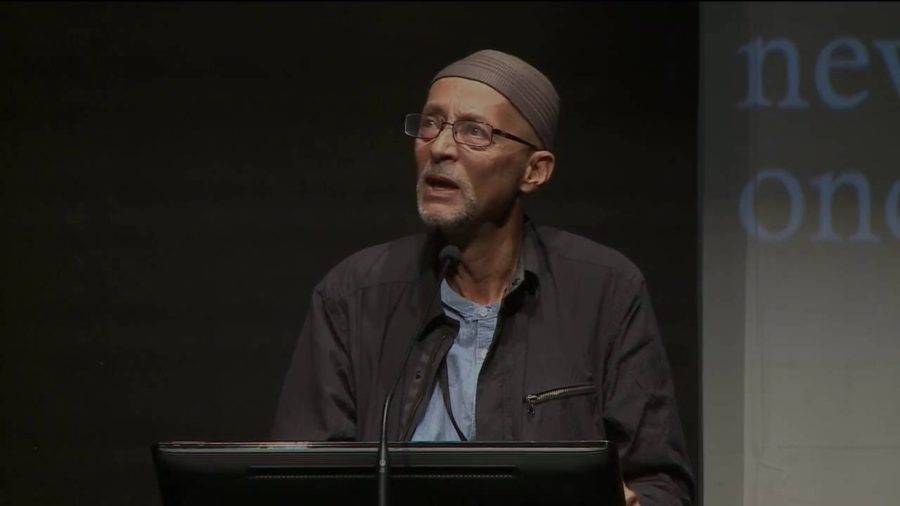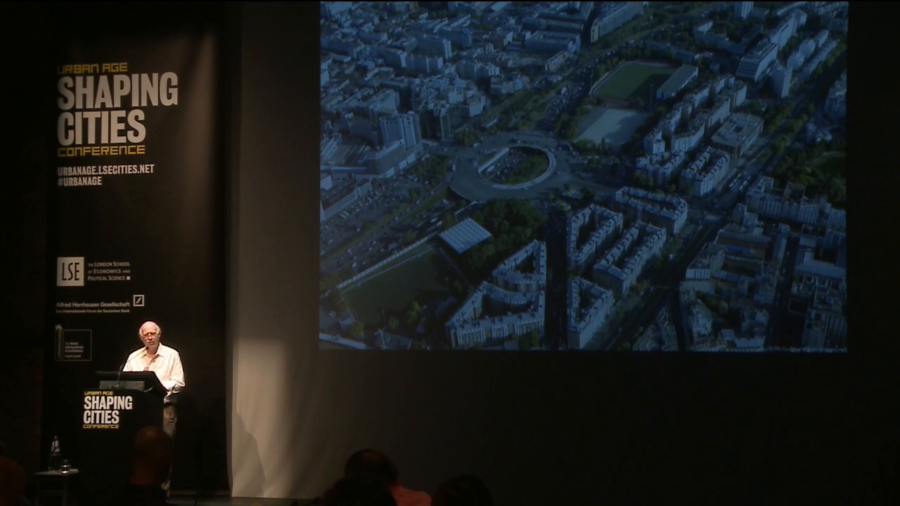In my view, what an open city means is that people are exposed to one another. That’s my idea of the open city, that it’s a place where physical presence with the other, and comfort with the physical presence of the other, does the work of allowing people to live together even if they are not engaged in the process of negating their differences.
Archive

The urgency of climate change and the rise of a grassroots legislative political environmental movement in the United States should change the way urban planners think and act on spatial change and social justice.
I think our work is much more interested in questioning the notion that architecture is a static entity. Part of our thinking in terms of architecture is how we make a building breathe. How do we give a building a kind of like, almost a nervous system.

There seems to be a rush to exceed time, to produce urban environment and sociality for which we have no language, something that goes beyond speculation, something cut loose from having to make sense now. The city cut loose from what it had embodied or promised.
We don’t have a concept of balance. Not only do we not have a concept of balance, but we have a very distorted sense of social justice that has been reframed to justify a society that is fundamentally anchored around the concept of imbalance. The resources of the world cluster toward a handful of very very powerful countries, one country having an even greater share. In order to justify this greater share, it’s made them believe that this higher concentration of power is normal, and that anybody in all countries can have it, and that all countries should aspire for it.
Some of my artist friends think what I’m doing isn’t art, and I’ve given up on art. It’ll take care of itself. You know. I mean it’s always been there, it will always be there, and we always know that new art never looks like art at first, ever. So why should this be any different? We just have to trust the process. And I would say that must be true for every other discipline.

